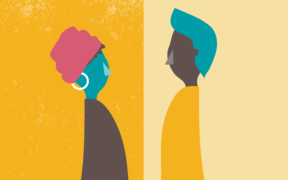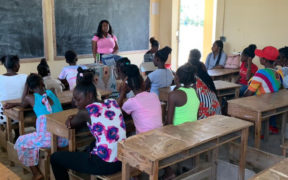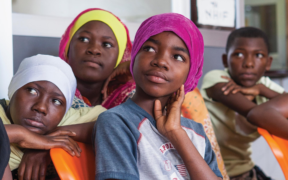Tag:
male engagement

Vasectomy is a safe and effective contraceptive method that offers benefits for individuals and heterosexual couples who know they do not want to have any—or any more—children. According to Breakthrough ACTION, a USAID-funded project that develops and tests new tools for social and behavior change in family planning and reproductive health, increasing access to vasectomy would increase method choice, improve family planning and reproductive health outcomes, and promote gender equality by providing an opportunity for men to share responsibility for reproduction.
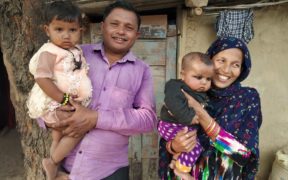
Today, Knowledge SUCCESS is pleased to announce the first in a series that documents “What Works in Family Planning and Reproductive Health.” The new series will present, in depth, essential elements of impactful programs The series uses innovative design to address some of the barriers that traditionally discourage people from creating or using documents that share this level of detail.
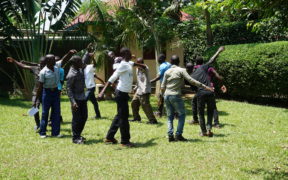
FHI 360 developed and implemented a multicomponent mentoring program for ABYM (ages 15–24) called Young Emanzi. The program promotes positive gender norms, gender-equitable and healthy relationships, and economic productivity while also addressing the reproductive health needs of ABYM.
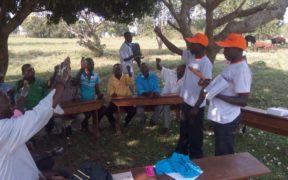
Studies have shown that men are highly influential in couples’ decisions about family planning (FP) and that their engagement in FP and other health services can be beneficial to their partners, their children, and themselves. However, in many countries, deeply embedded ideas about appropriate gender roles, as well as myths and misconceptions about FP, create barriers to men’s support for and participation in FP services.

We explore a study from the USAID-funded Maternal and Child Survival Program (MCSP), and how its findings on gender bias can inform the design of family planning programs.



